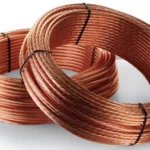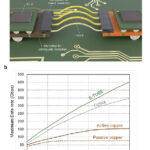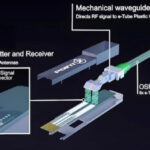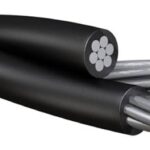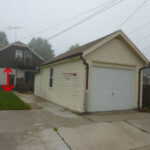Think of a car’s electrical system as its nervous system. Wires and cables are the nerves, carrying power and signals to every component, from the headlights to the radio. Using the right type of wire is critical for your vehicle's performance and safety. Using the wrong one can lead to poor performance, electrical failures, or even a fire.
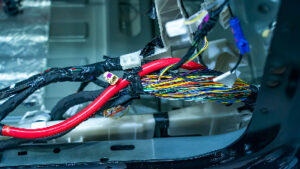
Automotive Wires & Cables
This guide will walk you through everything you need to know about automotive wires and cables. We'll cover the different types, key specifications like gauge, and how to choose the right one for your car’s needs.
Understanding the Types of Automotive Wires
Automotive wiring isn't a one-size-fits-all product. Wires are designed for specific jobs based on the power they need to carry and the environment they'll be in.
- Battery and Power Cables: These are the thick, heavy-duty cables that connect your battery to the starter and ground. They have to handle a huge amount of current, especially when starting the engine. Keywords like automotive battery cable and battery cable automotive refer to this type.
- Primary Wires: This is the most common type of wire in a car. It's used for low-voltage circuits like headlights, sensors, and interior lights. You'll find a wide range of gauges for these wires, from thick to very thin. Look for automotive primary wire or auto electrical wire.
- Signal and Data Cables: These wires carry signals for things like your car's audio system, engine sensors, or infotainment. They often have special shielding to prevent interference. Keywords like car audio rca cables and car stereo rca are for this specific purpose.
Key Specs: Choosing the Right Wire
Choosing the right wire goes beyond just its type. You need to understand its technical specifications to ensure it can handle the load.
- Wire Gauge: This is the most important factor. Gauge refers to the wire's thickness, and it follows a simple rule: the smaller the number, the thicker the wire. A thicker wire can handle more current without overheating. A 4 gauge automotive wire is much thicker than a 14 gauge automotive wire.
- Common Applications by Gauge:
- 4-8 Gauge: For high-current applications like stereo amplifiers, winches, or directly connecting to the battery.
- 10-12 Gauge: For lights, electric fans, and other medium-power accessories.
- 14-16 Gauge: For interior lights, sensors, and speaker wires.
- 18+ Gauge: For very low-power applications like gauges, indicator lights, and small sensors.
- Common Applications by Gauge:
- Material: Most automotive wire is copper automotive wire or tinned copper wire. While some cheaper options are made from Copper Clad Aluminum (CCA), pure copper wire is a better choice for higher current applications due to its superior conductivity and durability.
- Insulation: The outer jacket of a wire protects the conductor from heat, chemicals, and abrasion. Different types of insulation have different temperature ratings. Wires that meet standards like TXL or GXL are often used in engine compartments because they are heat-resistant.
Cables for Specific Applications
Different jobs require specific wires. Here’s a quick guide to some common applications.
Jumper Cables
When it comes to jump-starting your car, you need heavy-duty jumper cables. The thicker the wire, the better. Look for cables that are 4-gauge or 2-gauge for reliable starting, especially for larger vehicles. Portable car jumper batteries or booster packs are also great for a no-hassle start.
Car Audio
High-quality audio requires the right cables. For power, your amplifier needs a thick automotive power wire to prevent voltage drop. For signal, you'll want car audio RCA cables that have good shielding to prevent buzzing and interference.
Ground Wires
The automotive ground wire is one of the most important but often overlooked wires in your car. It provides a return path for all electricity. A bad ground can cause a variety of electrical issues, from dim lights to engine problems. Always use the correct gauge wire and ensure the connection is clean and secure.
Buying Tips and Final Advice
When you're ready to buy, look for wires from reputable automotive wiring suppliers. Check the product description for certifications from organizations like SAE or UL to ensure they meet quality and safety standards.
For any DIY electrical project, always disconnect the battery’s negative terminal first. Use the right tools, and if you're ever unsure about a wire's rating or how to install it, it's always best to consult a professional.

